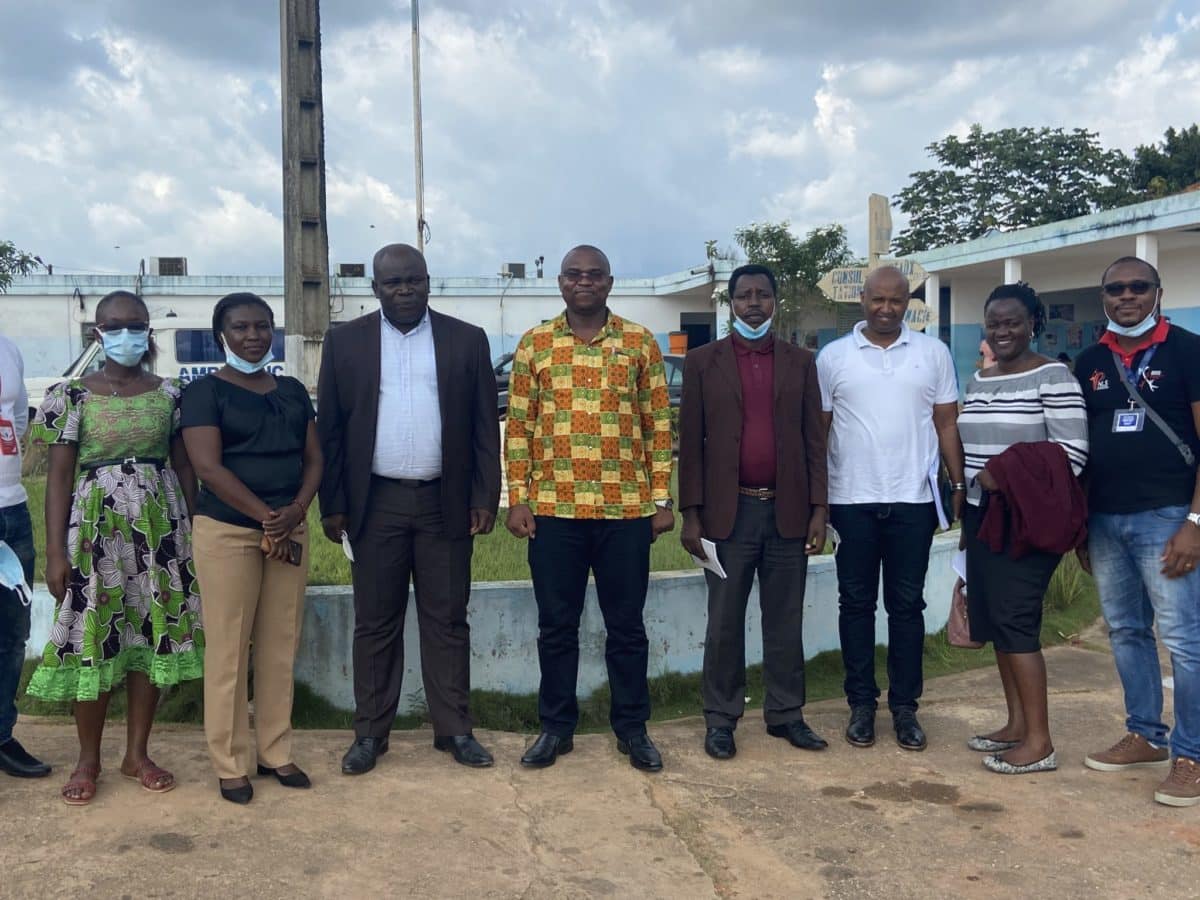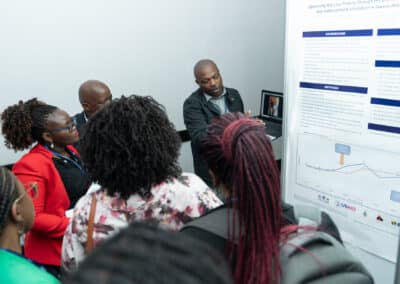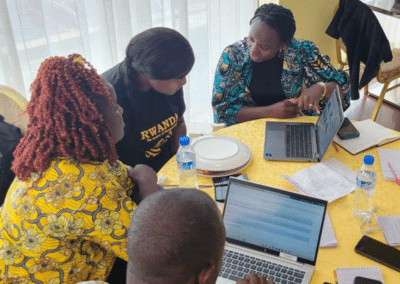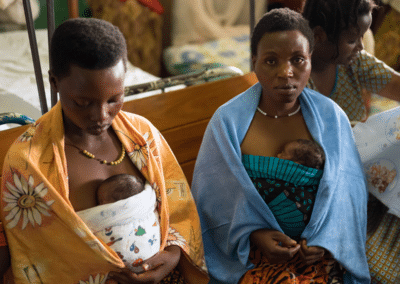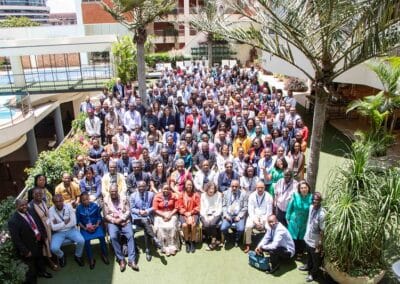“This is the first time we’ve had two PNLS directors at a south-to-south exchange,” said Rachel Mudekereza, MD, MPH, CQUIN’s senior regional clinical advisor for West and Central Africa, reflecting on the success of a high-level visit from Burundi to Côte d’Ivoire in mid-October. “The two directors compared notes and discussed mutually beneficial policies being implemented in both countries.”
CQUIN supported 3 members from the Burundi Ministry of Health’s National Program for the Fight Against AIDS and Sexually Transmitted Infections (PNLS) and a member of Burundi’s Association Nationale de Soutien aux Séropositifs et Malades du SIDA (ANSS, the national network of people living with HIV) to visit Côte d’Ivoire in a learning exchange.
“We aimed to learn more about Côte d’Ivoire’s implementation of community-based differentiated service delivery (DSD) models,” said Saidi Karemangingo, MD, Burundi’s national DSD technical advisor. “We wanted to know how to develop DSD-specific tools and integrate them into Burundi’s national health information system. The visit was extremely informative,” Karemangingo said.
The visit began at Cote d’Ivoire’s PNLS, where staff exchanged experiences with their Burundian counterparts. The Burundi team also visited the Alepe General Hospital and CSU Com Angré district health facility to observe DSD implementation in action. The Burundi team witnessed community adherence groups, fast-track dispensation of antiretroviral therapy, and the country’s monitoring and evaluation (M&E) of DSD models and services. The team also visited the ICAP Côte d’Ivoire office.
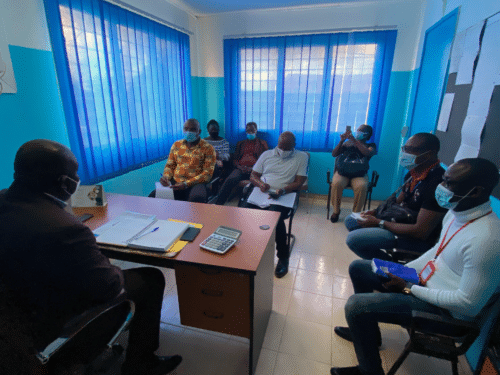
Since the visit, the Burundi team has been finalizing its DSD national guidelines, implementation plans, and DSD standard operating procedures using lessons learned from Côte d’Ivoire, defining and constructing DSD models and M&E indicators and tools. Burundi also plans to support and strengthen community participation and contribution in creating and implementing their DSD models.
“We are reviewing our approach to DSD for better health coverage. We are also emphasizing M&E tools so we can have credible information on HIV care and treatment programs and quality,” Karemangingo said.


